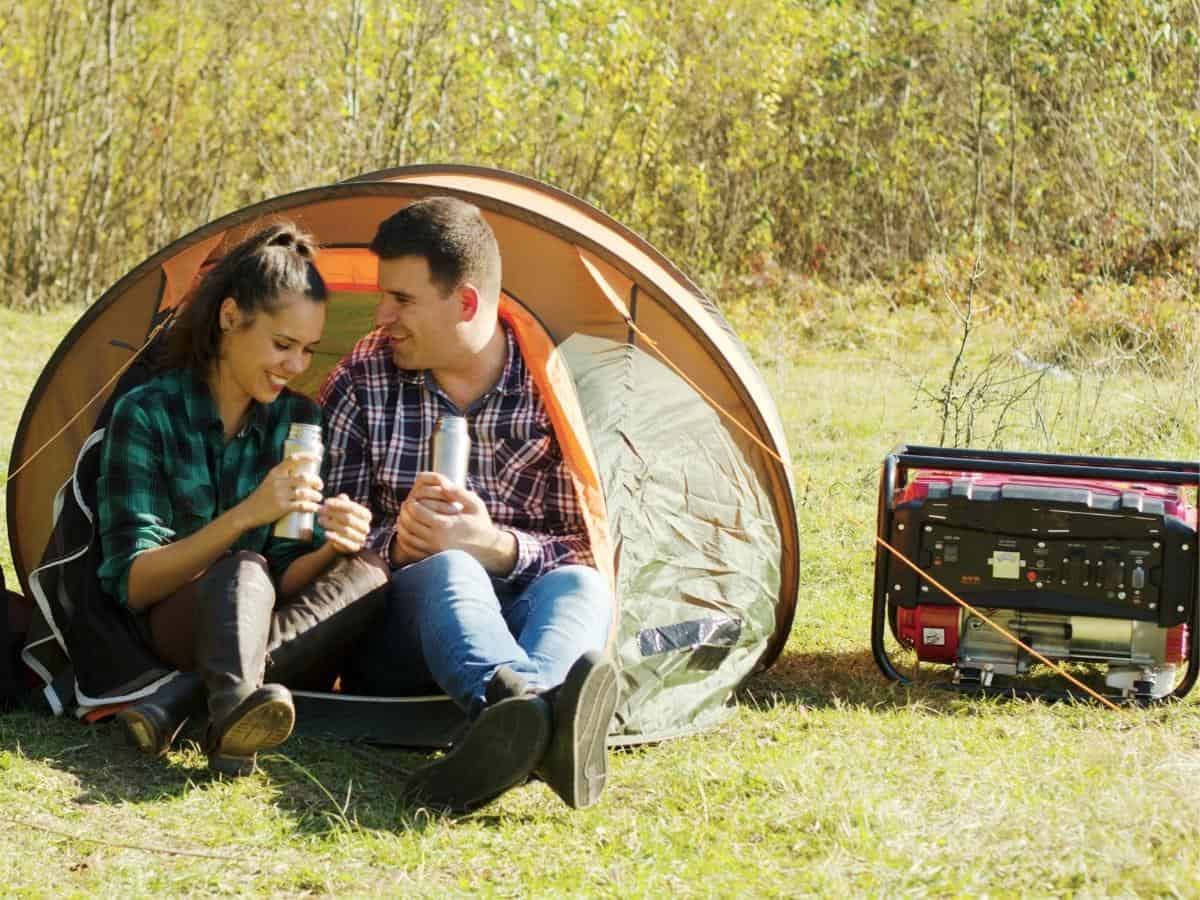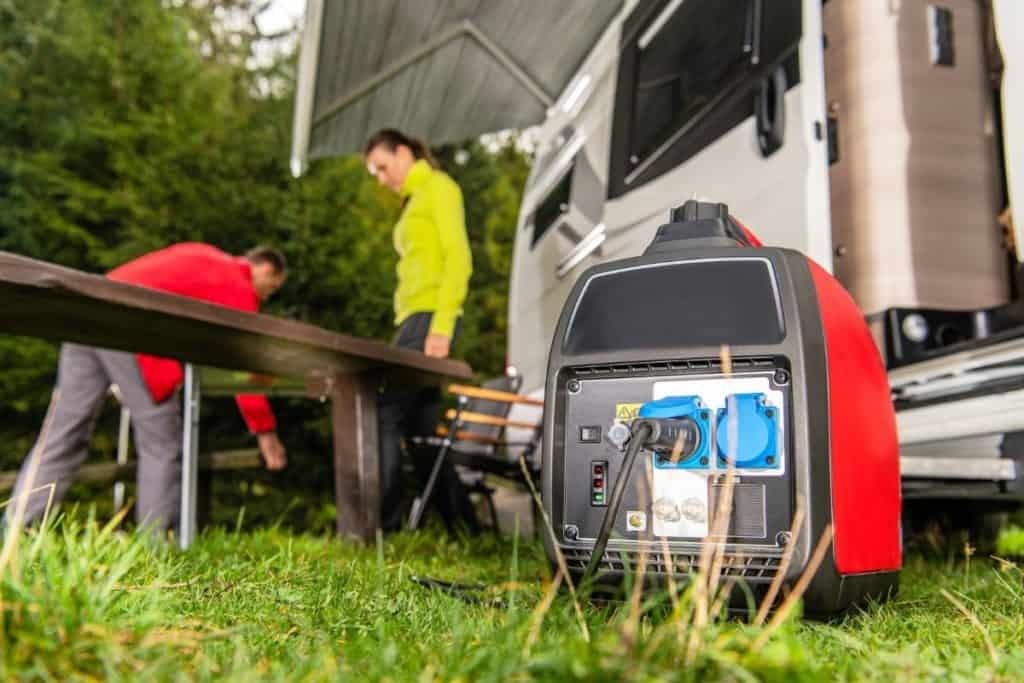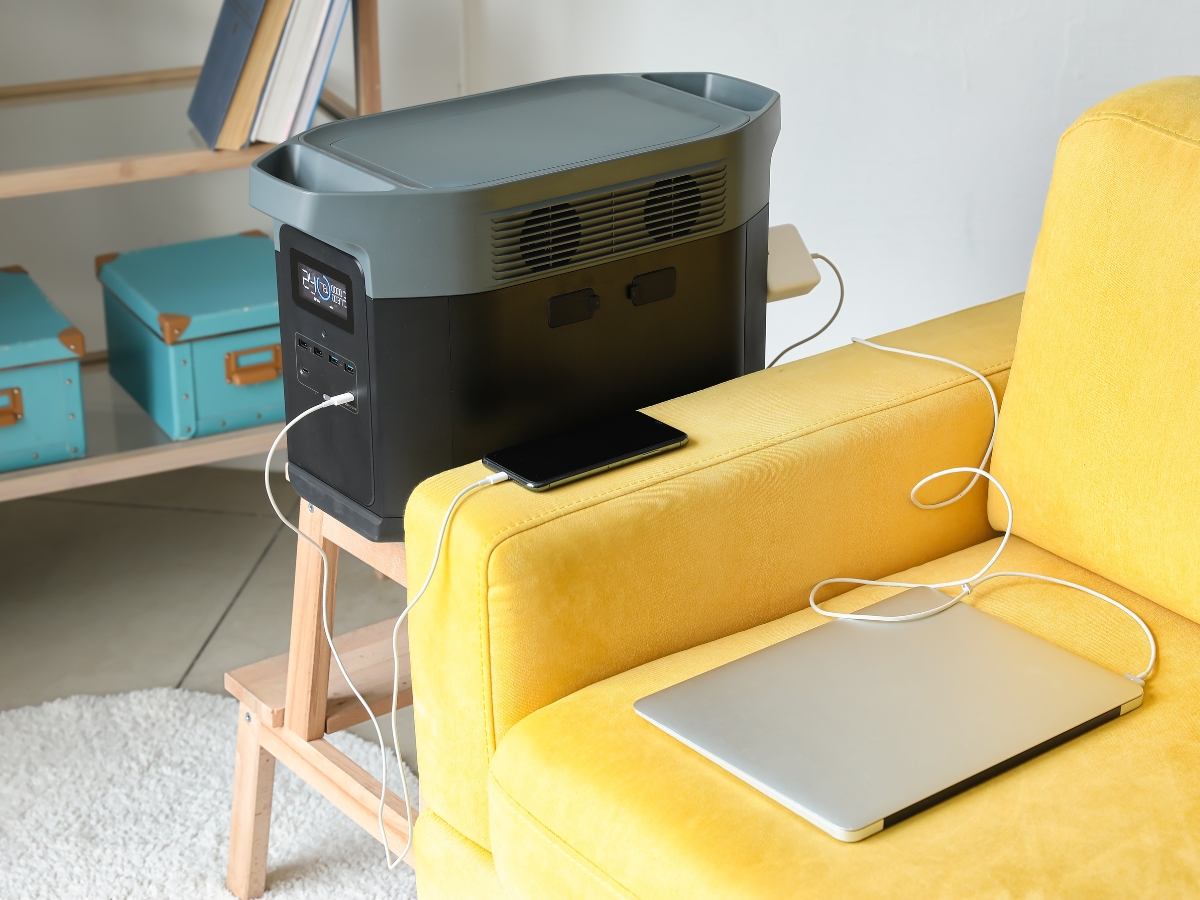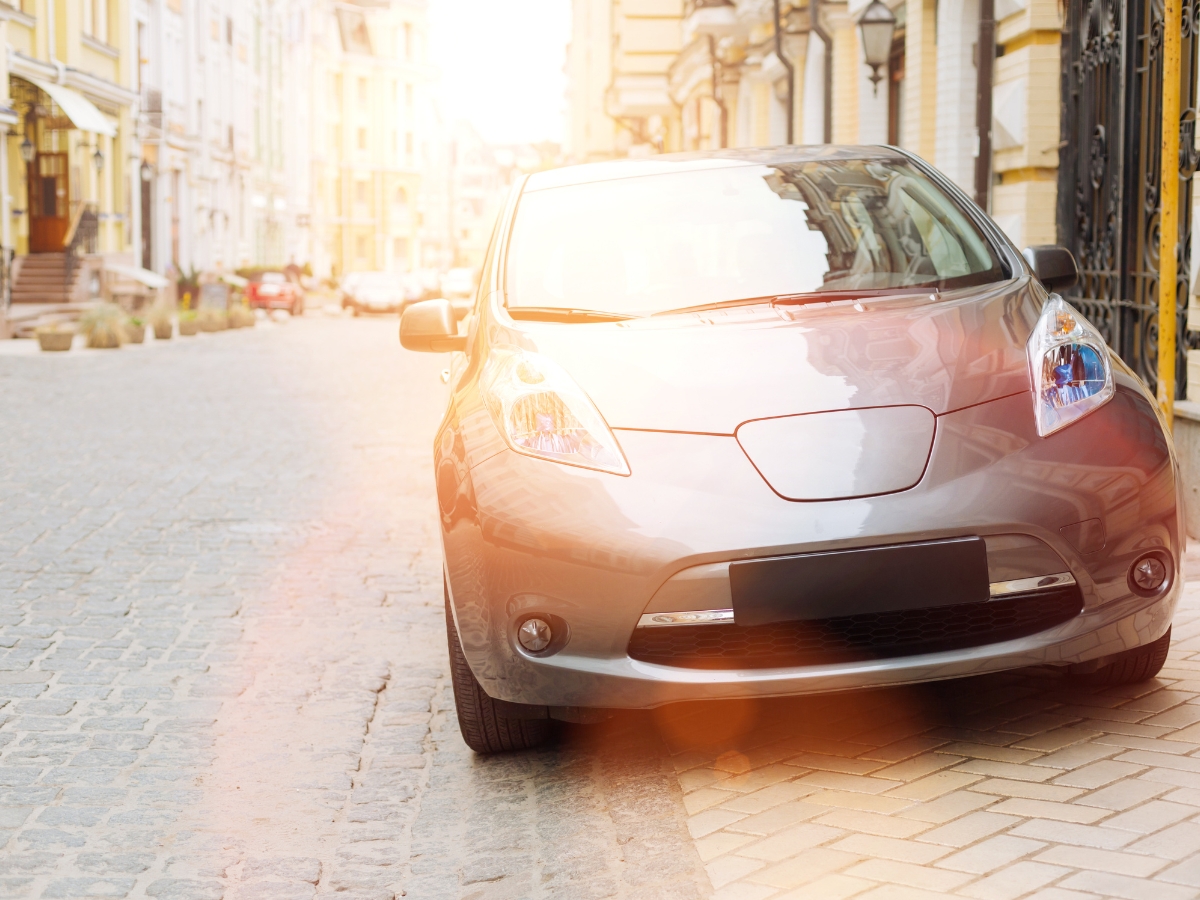Generators are excellent tools for bringing electrical energy to places without an existing supply. But since they create heat and must be cared for, how hot does a generator get?
Portable generator exhaust temperatures can be anywhere from 500 degrees to around 1,300 degrees Fahrenheit. This sort of heat can cause problems ranging from problems with the generator to issues with your safety.
In this post, we’ll discuss how hot generators get, how to know when they’re getting too hot, and how to avoid problems caused by excessive heat from generators.
- Are generators supposed to get hot?
- Generator exhaust systems
- Portable generator overheating
- How to cool down a generator
- Why do we heat generators
Keep reading to find out how hot your generator will get, when to be concerned about heat, and how to cool it off.

Why Generators Get Hot
A generator is a small combustion engine that connects to an alternator to provide electrical current. It relies on the explosive properties of its fuel, gasoline or diesel, to provide power.
Are generators supposed to get hot? Yes! The repetitive small explosions within the engine generate electrical current. But they also result in a significant amount of heat.
That’s why cooling systems, fans, and proper exhaust are crucial elements of generators. They work in combination to avoid excessive heat build-up.
How Hot Does a Generator Exhaust Get?
How hot does a generator get? Portable generator exhaust temperatures can reach over 1,000 degrees Fahrenheit and emit fumes harmful to your health.
Natural gas generator exhaust temperatures can also reach high temperatures and are equally concerning. How hot does a small engine exhaust get? Hot enough to cause serious burns and damage.
You want to inspect the generator exhaust systems for leaks, holes, or tears. And make sure that it is free-flowing with as little restriction as possible.
When venting the generator exhaust outside, ensure it is far away from the intake area. You don’t want to pull in your generator’s exhaust fumes.
Portable Generator Overheating
Now we know that it’s normal for generators to create heat and that the exhaust temperatures can reach high temperatures. But can a portable generator overheat?
Absolutely. Generators can get too hot and overheat. Portable generator overheating is problematic, and you need to be aware of it whenever you use a generator.
How much heat does a generator make? When is it worrisome? Many generators have sensors that can tell if they are too hot. If your generator is shutting off during use, it may be overheating.
Generator Cooling System Temperatures
Some generators have liquid cooling systems to help keep the generator from creating too much heat. In these systems, sensors help control the coolant flow to the right areas of the generator.
When they reach a specific temperature range, they open valves to send more liquid to the radiators for additional cooling.
These sensors might also tell the generator to shut off if the coolant temperature is too hot. The coolant can handle a lot of heat but shouldn’t get to boiling temperature.
In many generators, the coolant is acceptable if it reaches around 175 degrees Fahrenheit (about 80 degrees Celsius). But when you go over 200F, that could mean that your generator is overheating.

What Causes a Generator To Overheat
If your generator is shutting down and you think it might be caused by overheating, there are a few different areas to inspect.
1. Exhaust System
The first is to check the exhaust system. As we now know, the exhaust is one of the hottest elements of the generator. And a dangerous one.
Ensure the exhaust is flowing well, vented outside, and there are no leaks. If the exhaust is not vented well, it can cause the area around the generator to get too hot, resulting in overheating.
2. Coolant System
If the exhaust system appears to be in good working order, then the next thing to inspect is the cooling system. Just like cars, the coolant should be flushed and replaced regularly. Check your manual to see what the manufacturer recommends.
If you’re overdue for changing your coolant, go ahead and drain and replace it. You can bring your leftover coolant to a neighborhood mechanic or city waste system for proper disposal.
By flushing through new coolant, blockages can loosen, and the system can properly cool again. You could have a part of the cooling system fail. Check for any leaks, especially in the radiator or any visible hoses. Replace any leaking parts as the coolant should not escape the system.
3. Electrical Issues
Finally, if your exhaust and cooling systems appear to be alright, it’s time to consider electrical issues. Begin by inspecting the generator itself. Look for damaged wires and insulation. Small amounts of damage can cause electrical issues, so use a close eye when viewing these elements.
Every generator has a watt rating for a specific amount of electrical load, which you should not exceed.
Check the devices you have hooked up to your generator. The tags on the wire or the device itself should indicate how much wattage they require. If you exceed the rated wattage of your generator, this can cause serious overheating issues.
How Do You Cool Down a Generator?
Okay, so you’ve inspected the exhaust, the coolant, and electricals. Everything seems to be in shape, but your generator is still too hot. This can be very problematic, but there are other steps to decrease the heat that any generator creates.
The first step is to use the same thing that almost everyone turns to when it starts to get hot. Use fans! You can add fans to pull heat off of the generator. These could be small fans like ones used in computers or floor fans.
Another way to avoid excessive heat from generators is to ensure there is sufficient space around them. You can avoid additional heat by giving a generator a bit more space.
You can also think about sheltering your generator or moving it away from other heat sources. If it’s being baked all day by the sun, it’s dealing with extra heat – the same thing if it sits right next to a stove, water heater, or another large device that puts off heat.
To help cool down a generator, you want to increase airflow by adding fans, putting it in a bigger space, or moving it away from the sun and other appliances.
Wrap-Up: How Hot Does a Generator Get?
Portable generators create heat through their combustion engines. While some heat is normal, with exhaust temperatures reaching over 1,000 degrees, you don’t want your generator to overheat.
Ensure that the exhaust, cooling, and electrical systems are all in good working order, and consider increasing airflow around the generator if heat is still a problem.
Generator Overheating FAQ
How much heat does a generator make?
Generators vary in the heat they make based on their size and design. Exhaust temperatures can range from 500 to 1,300 degrees Fahrenheit, while coolant temperatures can get upwards of 200 degrees Fahrenheit.
Can a generator start a fire?
Generators can start a fire. There are many ways a generator can start a fire, so you should regularly inspect your generator to ensure it is in working condition. Frayed wires can cause sparks, and spilled fuel is easily combustible.
Why do we heat generators?
Some generators used in bitterly cold conditions have heating systems built in. These are commonly diesel generators. Diesel fuel can change consistency when cold and sometimes needs to be warmed to function. Coolant also might need to be heated in extreme weather conditions.
Sources



